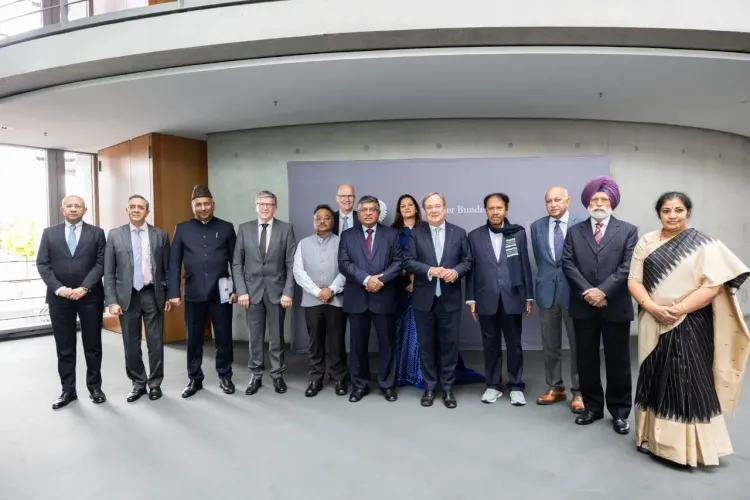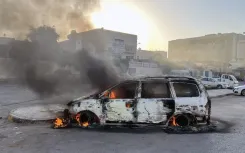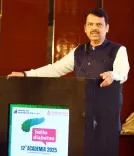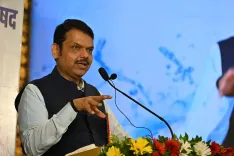How is Germany Supporting India's Zero Tolerance Against Terrorism?

Synopsis
In a significant diplomatic move, India’s All-Party Parliamentary Delegation, led by Ravi Shankar Prasad, secured Germany's unwavering support against terrorism. This visit underscores the strengthening ties between India and Germany, especially in light of recent security challenges.
Key Takeaways
- India's Zero Tolerance Policy: A firm stance against terrorism.
- Operation Sindoor: India's measured response strategy.
- International Cooperation: The need for unified global action against terrorism.
- India-Germany Relations: Strengthening bilateral ties for mutual security.
- Strategic Implications: The impact of terrorism on regional stability and tourism.
Berlin, June 7 (NationPress) A high-level All-Party Parliamentary Delegation from India, led by senior BJP MP Ravi Shankar Prasad, has wrapped up its engagements in Germany, receiving robust backing for India's zero-tolerance approach toward terrorism.
The delegation's official visit, which took place from June 5 to June 7, aimed to bolster bilateral relations and assert India’s unwavering position on terrorism in light of the recent terrorist incident in Pahalgam, Jammu & Kashmir.
During discussions with prominent figures in the German government, Bundestag (Parliament), and influential think tanks, the delegation communicated India’s steadfast policy of Zero Tolerance against Terrorism and elaborated on India’s precise and targeted response known as 'Operation Sindoor'.
The delegation stressed that India’s response was calculated, responsible, and non-escalatory, aimed at safeguarding national interests without unnecessary provocation.
In a meeting with Johann Wadephul, Foreign Minister of Germany, the minister reaffirmed Germany’s strong endorsement of India’s right to self-defense and strongly condemned the Pahalgam attack.
He also recalled his recent discussions with India’s External Affairs Minister, Dr. S. Jaishankar.
The Indian representatives also engaged with Omid Nouripour, Vice President of the Bundestag, and emphasized three critical components of India’s counter-terrorism strategy: zero tolerance, resistance to nuclear blackmail, and dedication to bilateral resolutions with Pakistan.
The discussions also included senior Bundestag members like Armin Laschet, Chairman of the Foreign Affairs Committee, Ralph Brinkhaus, and Hubertus Heil, who expressed condolences for the victims of Pahalgam and acknowledged the strategic ramifications of terrorism on regional stability and tourism in Kashmir.
In conversations with German foreign policy experts and representatives of the Konrad-Adenauer-Stiftung (KAS) think tank, the Indian delegation stressed that terrorism represents a global menace demanding collective international action.
During a reception hosted by Indian Ambassador, Ajit Gupte, the delegation highlighted India's enduring and consistent struggle against terrorism, the bipartisan support for 'Operation Sindoor' within India, and the necessity to hold perpetrators accountable.
The delegation concluded its engagements by re-emphasizing the significance of India-Germany collaboration in defense, security, and counter-terrorism as both nations strive to enhance their strategic partnership.









